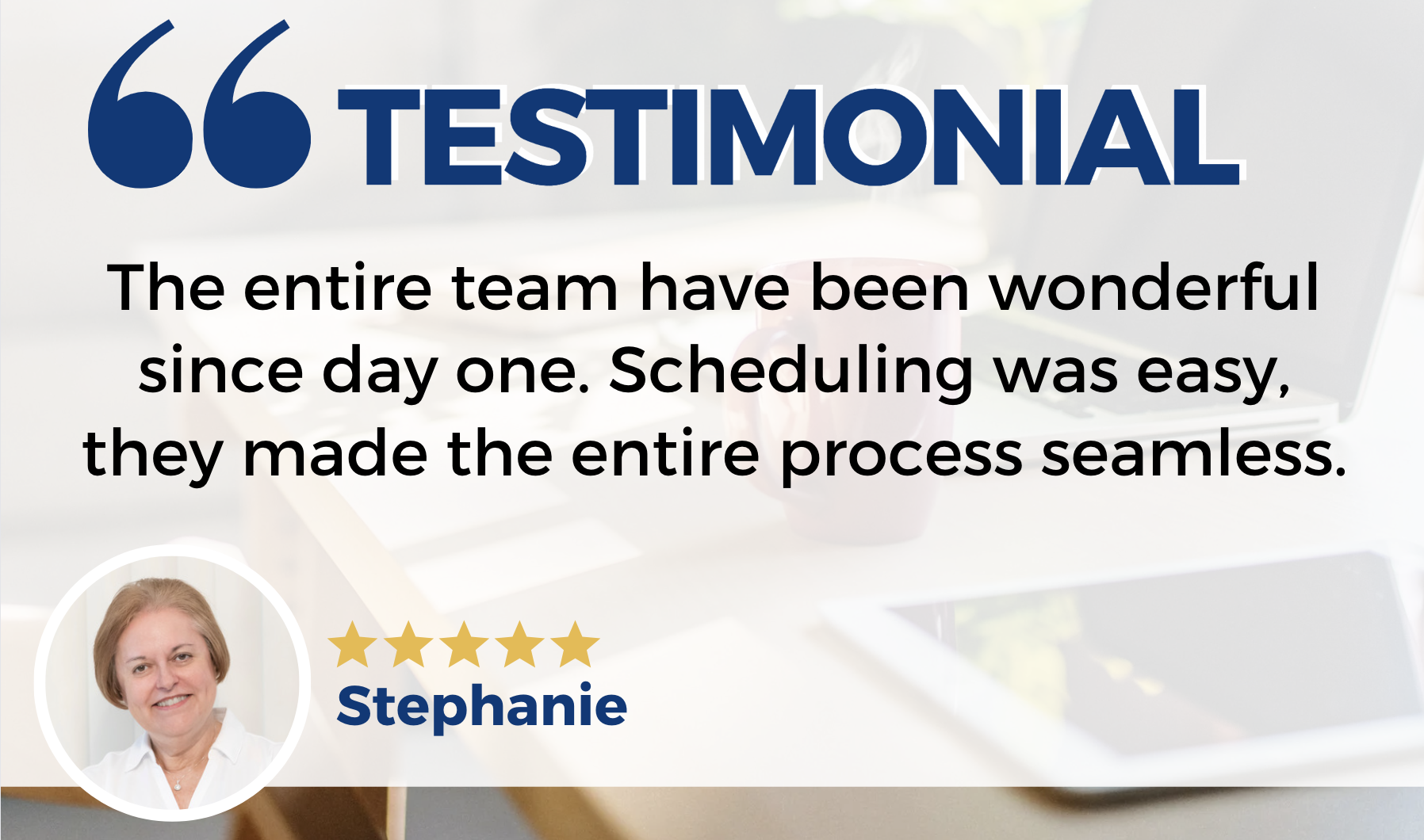You may have heard the catchy line, “Depression is worry about the past. Stress is worry about today. Anxiety is worry about tomorrow.” It is a useful lens, but it is not the whole story. Low mood, stress, and anxiety can overlap, and each one can touch the past, present, and future. This article offers a simple map you can use right now, plus next steps if you want support from Life Coach Austin.
“Labels only help if they lead you to action, not shame,” says Skip Swies, Life Coach at Life Coach Austin. “Our goal is to help you name what is happening, then take the next small step.”

A quick map in plain language
- Low mood often feels like heaviness, withdrawal, and loss of motivation. Rumination about the past may show up, but not always.
- Stress is the current load on your system. Deadlines, decisions, and competing priorities.
- Anxiety is a future focused, what if loop with body symptoms like tension and restlessness.
Use the three sections below to spot your likely lane and try the matching steps.
If you are dealing with low mood
Common signs: Everything feels heavier than it should, you opt out of things you used to enjoy, self talk turns harsh, sleep or appetite drift.
Try this now:
- Behavioral Activation Lite. For seven days, schedule one small, rewarding action each day. A 10 minute walk, a call with a supportive friend, a simple creative task, or time outdoors. Put it on the calendar.
- Tiny Wins List. Each evening, write down three micro wins. Made the bed, sent one email, stepped outside.
How coaching helps: We co-design a routine you can keep, tune up sleep and movement, and set values based goals with gentle accountability so momentum returns.
“Mood follows movement more than we think,” Skip says. “Small actions done daily beat big plans done rarely.”
Consider professional care if: Low mood persists most days for two weeks, daily functioning drops, or any thoughts of self harm appear.
If you are under stress
Common signs: Too many plates spinning, decision fatigue, irritability, everything feels urgent.
Try this now:
- Stress Audit, the 5 by 5 rule. List your top five drains. Label each one: eliminate, automate, delegate, schedule, keep. Move one item today into eliminate or delegate.
- 90-20 focus sprint. Work 90 minutes on one priority, then take a 20 minute reset. Walk, stretch, breathe, hydrate. Repeat once.
How coaching helps: We set clear boundaries, simplify your calendar, build light systems such as templates and checklists, and teach fast downshift tools like box breathing and micro breaks so your nervous system can recover during the day.
“Your body needs off ramps during the day, not only at night,” Skip notes. “Two minutes of a good reset can change the next two hours.”
Consider therapy or medical care if: Stress stays high despite rest, or you notice physical symptoms such as chest pain or dizziness. A medical check in is wise. Coaching focuses on workload and habit systems.
If you are feeling anxiety
Common signs: What if loops, difficulty falling asleep, muscle tension, scanning for problems, avoiding certain tasks or places.
Try this now:
- Worry Window. Park worries into a daily 15 minute slot. Outside the window, jot a note and return later. Inside the window, write them out and make one if then plan for the top worry.
- Stepwise exposure. Choose one avoided task such as making a call. Break it into three tiny steps and do step one today.
How coaching helps: We practice calm on cue skills such as breath and grounding, reframe unhelpful thoughts, and build graded exposure plans so avoidance shrinks and confidence grows.
“Anxiety hates clarity and action,” Skip says. “Name the fear, plan one next step, and put it on the calendar.”
Consider medical care if: Panic attacks, trauma triggers, OCD patterns, or anxiety that is pervasive across most days. Coaching plus medical support can be a strong combination.
A two minute self check
- More drained or disengaged points to low mood
- More overloaded by tasks and decisions points to stress
- More stuck in what ifs with body tension points to anxiety
If you are a mix, that is normal. Start where the pain is loudest. We can layer support as you go.
How Life Coach Austin supports each path
If you want help mapping where you are and what to do next, book a free 20 minute consult at lifecoachaustin.com. We will identify your best first step and give you a simple plan you can start the same day.
This article is educational and not a diagnosis or treatment. If you are in crisis or considering self harm, call 911 or your local emergency number, or reach out to a crisis hotline immediately.



